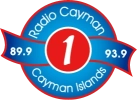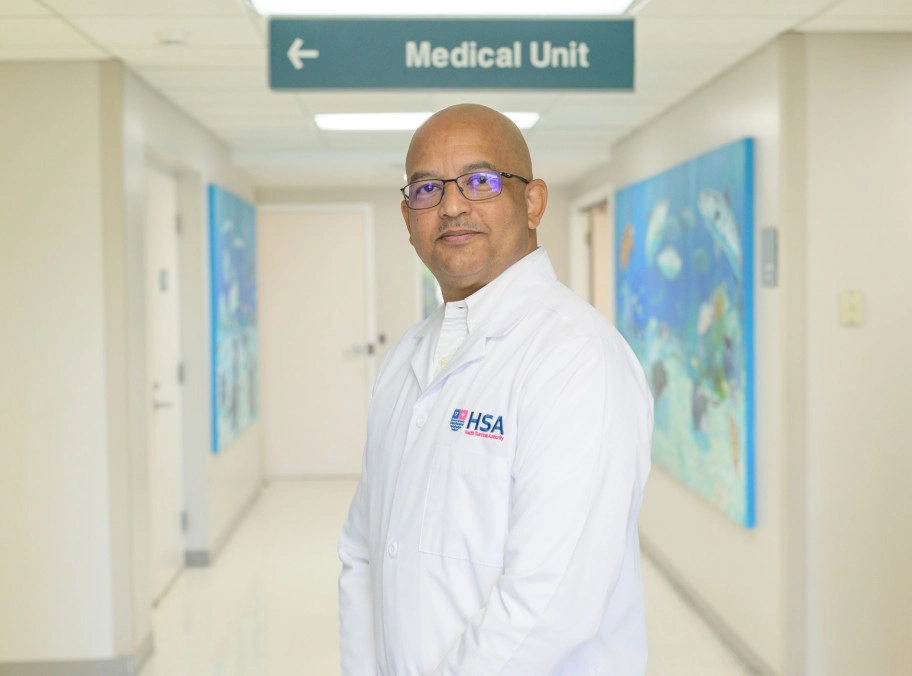MHES Issues Travel Advisory on Leptospirosis Outbreak in Jamaica
On Friday, 21 November, the Jamaican Government declared an outbreak of leptospirosis on their island following the passing of Hurricane Melissa in October. The Jamaican Ministry of Health and Wellness have confirmed 9 cases of leptospirosis since the storm and is investigating approximately 28 suspected and probable cases. Ministry officials reported that the highest concentration of the disease is in St. James, followed by St. Ann, St. Elizabeth, Hanover, Trelawny and Westmoreland. St. Mary and St. Catherine have also each recorded a single case each.
“We know that there are considerable public health concerns in the aftermath of a disaster, especially one like Hurricane Melissa that was so devastating” explains Dr. Hilary Wolf, Chief Medical Officer for the Ministry of Health, Environment and Sustainability (MHES). “So, while this is not unexpected, our thoughts are with our colleagues and the people of Jamaica as they work to manage this challenge on top of the already challenging work of response and recovery. It is also important for us, given our ties to Jamaica, to ensure that our population is aware of this developing situation and to understand how it might impact those travelling there.”
“There are currently no cases of leptospirosis in the Cayman Islands,” emphasises Chief Nursing Officer, Mrs. Felicia McLean. “At this time, the primary health concern relates to those travelling to and from Jamaica to the Cayman Islands. This is about minimising individuals’ risk to exposure while in Jamaica and ensuring that they access care early if they become symptomatic, be it in Jamaica or in Cayman.”
Leptospirosis, an illness caused by an infection with the bacteria Leptospira, is a zoonotic disease, meaning that it is transmitted from animals to humans through infected animals’ urine (pee). Leptospira, the bacteria, enters the body through a port of entry, such as abrasions or cuts in the skin, as well as through a person’s eyes, nose or mouth. Transmission can occur from contaminated water and soil.
“Leptospirosis cannot be transmitted from one person to another,” continues Dr. Wolf. “Rats are the main carriers of this bacteria, though other animals- such as cats, dogs and livestock- can also be carriers. It is important to note that Leptospira, the bacteria that causes leptospirosis, can live in contaminated water and soil for weeks to months, so extra precautions should be taken when coming in contact with moist, warm and wet environments and surfaces in impacted areas.”
Although it is a treatable disease, leptospirosis can range from mild to severe. Some people may have no symptoms at all, while others may experience flu-like signs such as fever, headache, muscle pain, or jaundice. Without timely medical care, the infection can lead to serious complications, underscoring the importance of early recognition and treatment.
Typically, symptoms develop 7 to 14 days after infection, though rarely the incubation period can be as short as 2 to 3 days or as long as 30 days. Symptoms of acute leptospirosis can include high fever, red eyes, headache, chills, muscle aches, abdominal pain, nausea and vomiting, diarrhea and rash. Symptoms of severe leptospirosis include chest pain, trouble breathing, coughing up blood, and blood in urine, among other things. Persons with acute or severe symptoms of leptospirosis should seek medical attention immediately, as early diagnosis and treatment significantly reduce complications. Informing a healthcare provider of any recent travel or potential exposure helps ensure appropriate assessment.
“This increase in regional leptospirosis activity highlights the importance of early symptom recognition and prompt clinical assessment,” said Dr. Samuel Williams-Rodriguez, Medical Officer of Health. “Although person-to-person transmission does not occur, exposure to contaminated water or environments can pose a risk. Our goal is to equip the public with accurate information so that anyone who may be affected can receive timely and effective care.”
The Ministry of Health, Environment and Sustainability is therefore issuing a travel advisory for Cayman residents travelling to Jamaica to be aware of and protect themselves from exposure to Leptospira by:
- Avoiding areas that are still flooded
- Wearing personal protective gear, such as rainboots (wellies) and gloves
- Only drinking bottled or treated water
- Avoiding animals that could have leptospirosis
- Not touching dead animals, wet soil, puddles of water with bare hands
- Regularly washing hands
- Regularly disinfecting surfaces that may have come in contact with flood water and/or wet soil, including canned goods and other household items
For more information, contact the Public Health Department on 244-2889 or 244-2621.
Latest News
-
MHES Receives Grant to Propagate Native PlantsEnvironmen...27 November 2025, 08:33 AM
-
Legal Services Act to Be Fully Commenced 1 January 2026Police/Cou...27 November 2025, 05:10 AM
-
Police Conduct Day of Action in Cayman BracPolice/Cou...27 November 2025, 05:05 AM
-
Cayman Islands Chamber of Commerce Launches 2025 Mentoring Cayman Programme at Opening ReceptionEducation27 November 2025, 05:02 AM
-
Aircraft larviciding under way across the Cayman IslandsHealth, Env...27 November 2025, 04:56 AM


